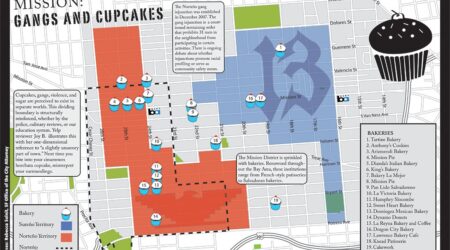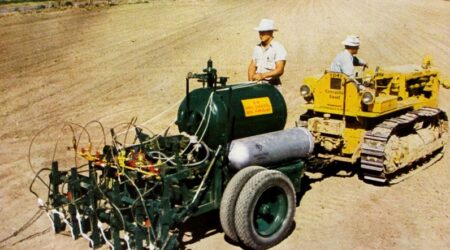In a recent publication in The Journal of Neuroscience, a team of researchers led by Miranka Wirth, a postdoctoral fellow at UC Berkeley, investigated whether a lifetime of cognitive exercise could mitigate the risk of Alzheimer’s disease. The results suggest that for people who are susceptible to the disease, challenging yourself intellectually could be a vital preventative measure.
Wirth and colleagues measured the concentration of beta-amyloid deposits—a kind of “brain plaque” that is a strong indicator of Alzheimer’s disease severity — in the brains of 118 cognitively normal older individuals. They also asked the participants to fill out a survey indicating how much cognitive activity they had engaged in both recently and throughout their lives (at years 6, 12, 18, 40, and at their current age). Such activities include “reading books, newspapers, and magazines, writing letters, going to the library, and playing games.”

Then they genetically tested the participants for a gene called ApoE-ε4. The ApoE-ε4 gene has been found in 40-65% of Alzheimer’s disease patients and only around 10% of the general population; having this gene does not guarantee Alzheimer’s, but it does substantially increase the risk. Importantly, those with ApoE-ε4 have consistently been found to have greater deposits of beta-amyloid.
The results: in ApoE-ε4 carriers who reported a lifetime of intellectual stimulation, average beta-amyloid deposition was comparable to those who didn’t even have the gene.
This finding has a few limitations. For example, the link the researchers found doesn’t necessarily mean that cognitive exercise itself reduces beta amyloid deposition (although it is hard to imagine a credible alternative). Even if it did, this still would not strictly imply that cognitive exercise prevents Alzheimer’s, because nobody knows for sure whether beta-amyloid deposits cause or are merely associated with the disease.
Get intellectually active if you want to keep your brain healthy, especially if you have a family history of Alzheimer’s disease.
Still, it does support the idea that cognitive exercise is essential to a healthy lifestyle. Wirth explains that it adds to a host of “epidemiological research suggesting that [both cognitive and physical exercise] are important health behaviors that correlate with decreased risk of Alzheimer’s disease and cognitive decline. It’s probably even more important to have a healthy lifestyle and minimize cardiovascular risk factors if there is a family history of Alzheimer’s disease.”
While one might consider getting genetically tested for the ApoE-ε4 variant, as companies now offer genome testing for as little as a hundred dollars, Wirth is hesitant to support genetic testing. (Experts are generally reluctant to advocate genetic testing for risk of a disease that has no proven treatment, as this could cause the patient unnecessary anxiety.) “Whether or not [knowing you have the ApoE-ε4 variant] increases [compliance with a regimen of cognitive and physical exercise] is not clear, and I think research is not advanced enough to support this idea,” she says. Such research would likely entail a massive clinical trial directly testing both the benefits and the risks.
In the meantime, it’s safe to say that you should get intellectually active if you want to keep your brain healthy, especially if you have a family history of Alzheimer’s disease. “In the future,” Wirth says, “maybe genetic information could be used to construct special intervention programs that are most suitable to counteract genetic risk.”



